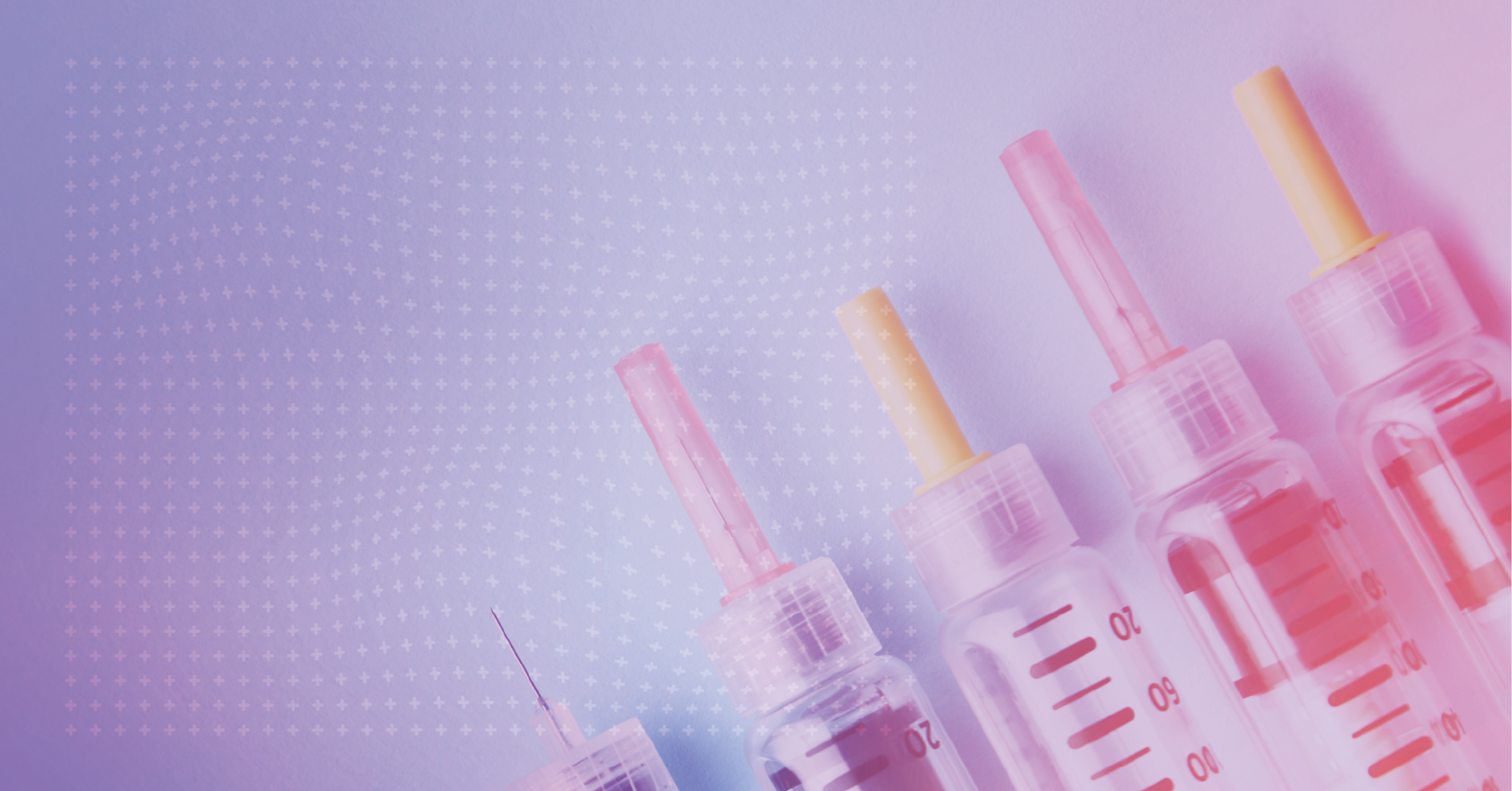Blog

Top 5 Challenging Questions Manufacturers Ask About Pre-Filled Syringes in 2025
The pre-filled syringes market continues to grow, driven by increasing patient self-administration, biologic drug therapies, and technological advancements in drug delivery systems. As manufacturers navigate this evolving landscape, they face complex questions that go beyond the basics of syringe design, safety, and regulatory compliance.
Here are five non-obvious, yet critical questions that manufacturers need to address when developing, producing, and scaling pre-filled syringes. These considerations are vital for ensuring the success and sustainability of the product.
1. How do we ensure long-term compatibility between biologics and syringe materials?
Challenge: Biologic drugs, especially monoclonal antibodies and gene therapies, can be highly sensitive to environmental factors such as light, temperature, and the materials in contact with them. While glass and certain plastics are typically chosen for their inertness, the question of material compatibility remains complex. Even minor leaching of chemicals from syringe components (such as rubber stoppers or plastic components) can alter the drug's efficacy and stability.
Solution: Manufacturers must conduct extensive compatibility testing between the biologic formulation and syringe components. This includes extractables and leachables testing to ensure that the materials don’t react with or degrade the drug. New advancements in advanced coatings for syringe stoppers and barrels may offer solutions to reduce interaction risks.
2. What will be the impact of patient behavior on syringe usage over time?
Challenge: While pre-filled syringes offer convenience, patients often lack the proper training or motivation to use them correctly, especially in a home-care environment. The risk of incorrect usage—like injecting air bubbles or improper needle disposal—can lead to both safety hazards and ineffective treatment.
Solution: Beyond designing syringes that are easy to use, manufacturers need to invest in comprehensive patient education programs. This includes digital support such as apps that guide patients through the injection process or track their adherence, as well as regular follow-up consultations to ensure proper usage.
3. How do we address the growing concern around sustainability in pre-filled syringe production?
Challenge: As sustainability becomes a more pressing concern in the healthcare sector, pre-filled syringes, which typically use plastic and rubber components, face scrutiny for their environmental impact. While recycling options exist, the production process still generates significant waste, and single-use plastic remains an issue.
Solution: Manufacturers are under pressure to develop eco-friendly alternatives, including biodegradable materials or syringes made from recyclable plastics. Innovations in sustainable packaging and the reduction of unnecessary plastic in the syringe design itself will play a key role. Companies can also explore partnerships with waste management initiatives or offer take-back programs for used syringes.
4. How can we mitigate risks associated with syringe variability during mass production?
Challenge: With large-scale production, achieving consistency across thousands or millions of syringes can be a challenge. Minor discrepancies in syringe design or manufacturing can lead to issues like leakage, inaccurate dosing, or difficulty with injection. Variability in rubber stopper fit or fill volume could result in significant quality control challenges.
Solution: Leveraging automated inspection technologies such as machine vision and AI-powered quality control systems will allow manufacturers to quickly detect defects and ensure precise consistency across production batches. In addition, implementing real-time data monitoring during the manufacturing process can provide insights that allow for rapid corrective actions.
5. What impact will digitalization and connected devices have on the future of pre-filled syringes?
Challenge: With the rise of connected health devices, digital integration in medical devices is becoming inevitable. Pre-filled syringes are no exception—patients now expect more than just a delivery system; they want smart syringes that offer added functionality, such as tracking medication adherence or providing real-time data to both patients and healthcare providers.
Solution: Manufacturers will need to explore the development of smart pre-filled syringes that integrate IoT (Internet of Things) technology. These syringes could provide features like real-time dosage tracking, temperature monitoring, and automatic alerts when a dose is missed. However, integrating digital technology must be done without compromising the ease of use or affordability of the product.
Conclusion: Explore These Questions Further at the 11th Pre-Filled Syringes, Injection Devices & Parenteral Systems Summit
As we’ve seen, the pre-filled syringes market is filled with complex challenges and opportunities, and manufacturers must be prepared to navigate these evolving issues. If you found these insights valuable and want to explore these questions in more depth, we invite you to join us at the 11th Pre-Filled Syringes, Injection Devices & Parenteral Systems Summit.
#VLpfs Event Details:
- Dates: April 2-3, 2025
- Location: Vienna, Austria
- Register now: Click here to register
At the #VLpfs Vienna 2025 conference, industry leaders and experts will be discussing advanced topics like biologic compatibility, patient-centric solutions, sustainability initiatives, and the future of connected devices—many of the very challenges we touched on here. It’s the perfect opportunity to network, gain actionable insights, and take part in discussions that are shaping the future of pre-filled syringes and injection devices.
We look forward to seeing you there! Stay ahead of the curve in the rapidly evolving field of pre-filled syringes.
#PrefilledSyringes #PharmaceuticalInnovation #Biologics #SustainabilityInHealthcare #DrugDelivery #PatientCare #SmartSyringes #MedTech #Autoinjector